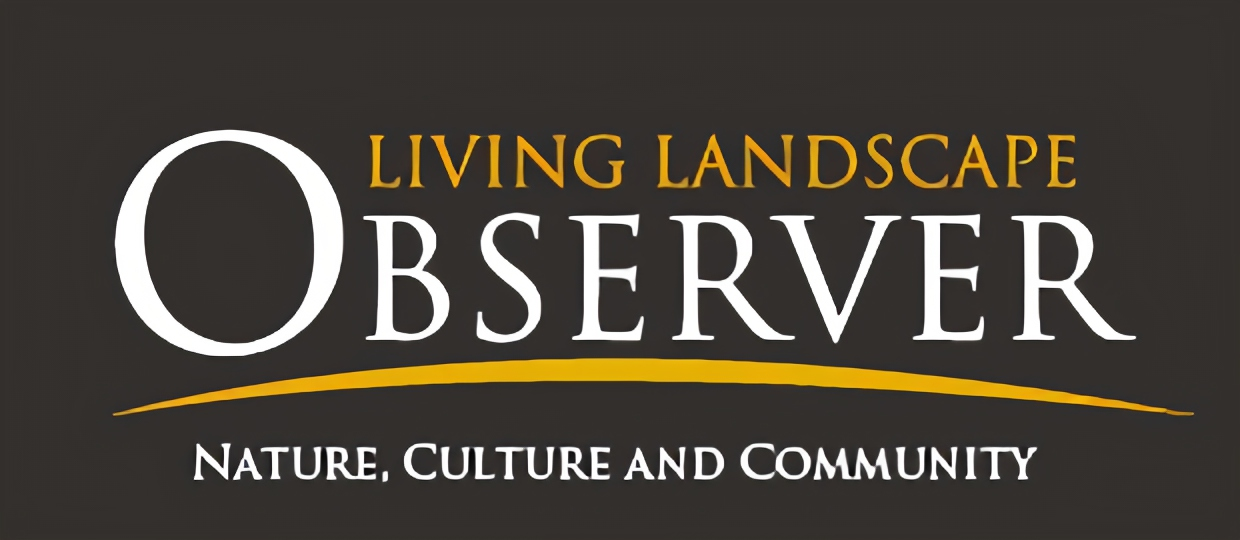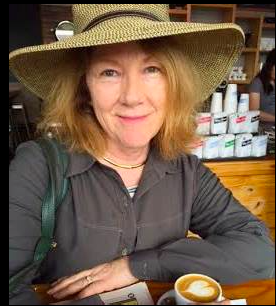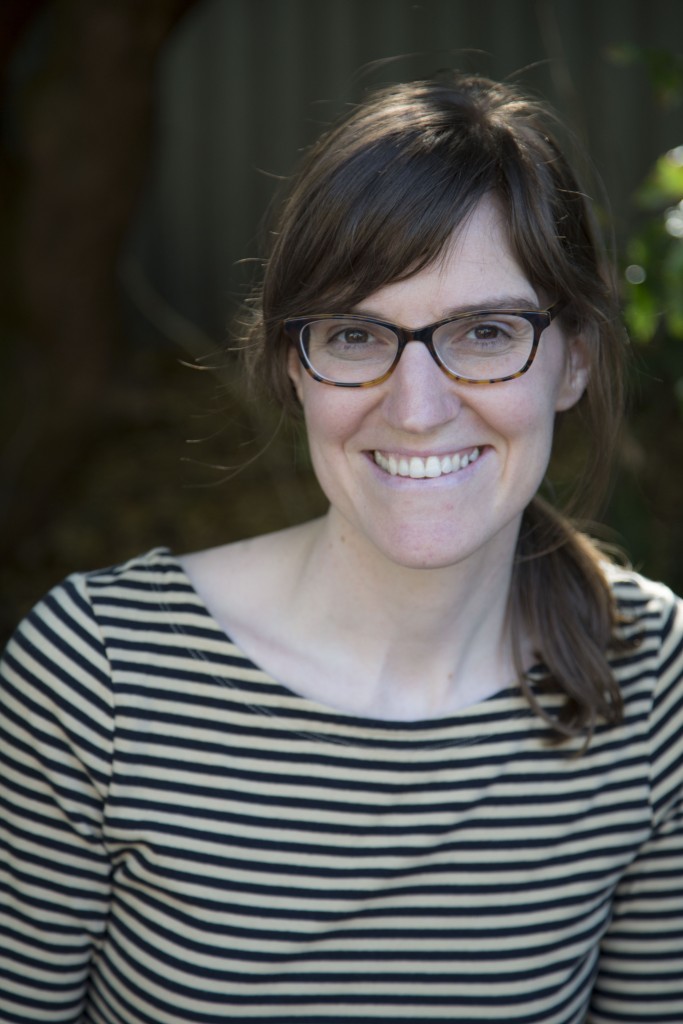To provide observations and information on the emerging fields of landscape scale conservation, heritage preservation, and sustainable community development.
Newsletter
Stay up-to-date with the latest nature, culture and community news.
We won’t spam you or share your information. Newsletters are sent approximately 10 times a year. Unsubscribe at any time.
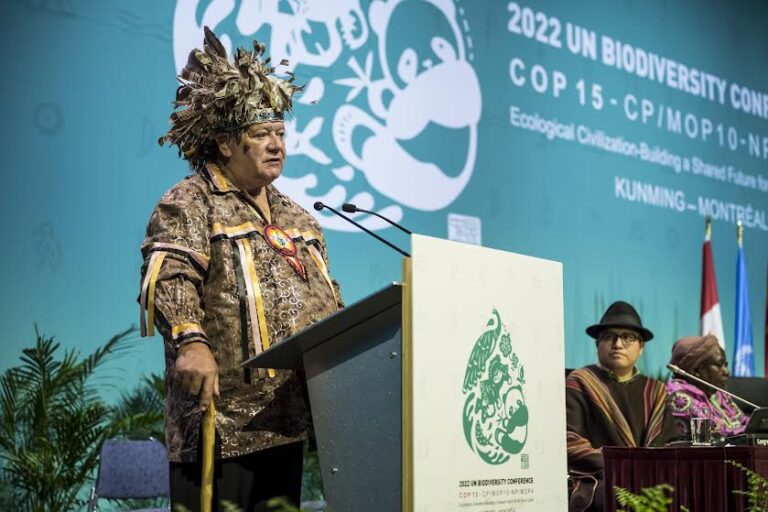
UN Biodiversity Conference December 2022: New support for the connection Of Nature and Culture
The UN Biodiversity Conference 2022 in Montreal from 7-19 December under the theme “Ecological Civilization: Building a Shared Future for All Life on Earth”, ushered in new initiatives to put the linkage of natural and cultural diversity at the heart of implementation. The main objective was for governments to adopt the post-2020 global biodiversity framework. This framework makes many references to culture, and the diversity of values and world views that link people and nature, stating that it will place biodiversity “at the heart of the sustainable development agenda, recognizing the important linkages between biological and cultural diversity

Australia faces “a fierce urgency of now”
Goaded by continuing floods after the disastrous bushfires over summer 2020, Australians finally voted for climate change and a new federal government on 21 May 2022. The political landscape changed radically with promises immediate action on climate change and the environment after nine years government neglect.
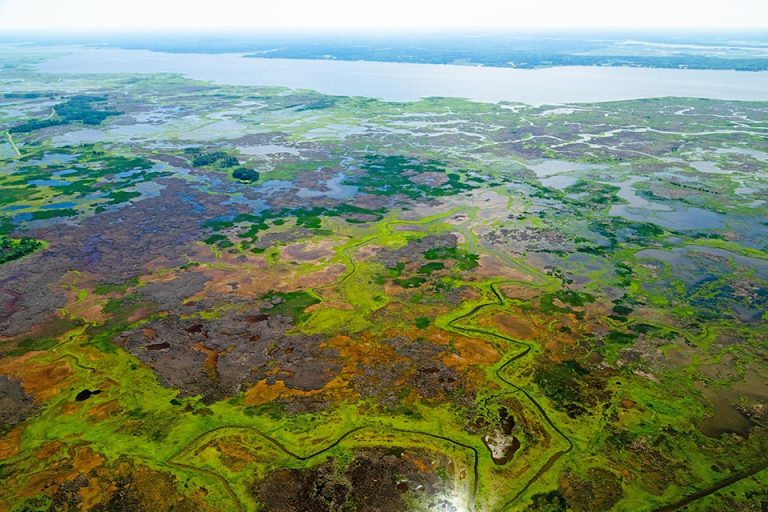
Climate Change and Heritage Landscapes
Our changing climate is causing radical alteration to the earth’s ecosystems and the focus has been on the impact to flora and fauna. Less recognized have been the impacts that are wrought on our treasured cultural landscape. However, as the climate threat looms larger the discussion is broadening to look at cultural heritage impacts.
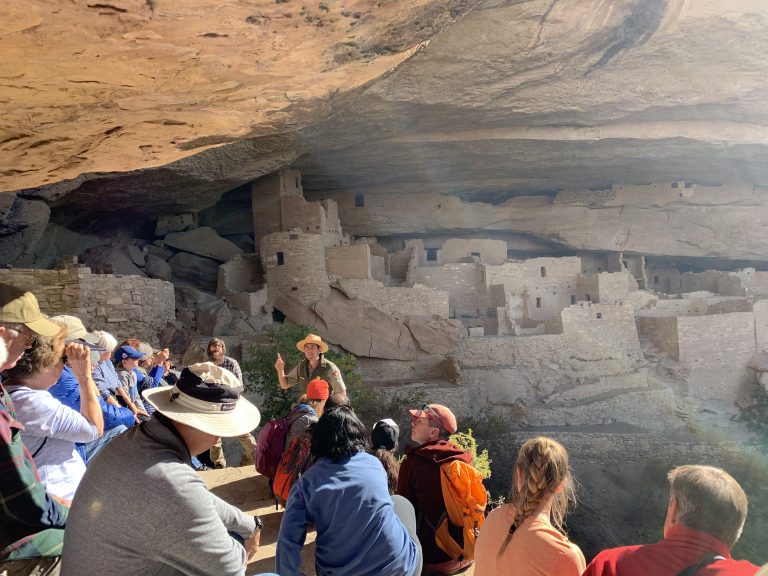
Mesa Verde National Park: Reinterpreting a Landscape
The word landscape jumps out at you on many of the interpretative signs at Mesa Verde National Park and the real thing is before you
The Green River Drift: Transhumance in the America West
Transhumance – the practice of seasonally moving livestock from winter pastures in the lowlands to summer grazing in the mountains – is an ancient intangible and cultural tradition practiced all over the world. The term usually invokes quaint and idyllic images of sheepherders in the European Alps or Pyrenees Mountains and not Wyoming cowboys. Read how the Upper Green River Cattle Association has kept this tradition alive in the United States.

UN Biodiversity Conference December 2022: New support for the connection Of Nature and Culture
The UN Biodiversity Conference 2022 in Montreal from 7-19 December under the theme “Ecological Civilization: Building a Shared Future for All Life on Earth”, ushered in new initiatives to put the linkage of natural and cultural diversity at the heart of implementation. The main objective was for governments to adopt the post-2020 global biodiversity framework. This framework makes many references to culture, and the diversity of values and world views that link people and nature, stating that it will place biodiversity “at the heart of the sustainable development agenda, recognizing the important linkages between biological and cultural diversity

Australia faces “a fierce urgency of now”
Goaded by continuing floods after the disastrous bushfires over summer 2020, Australians finally voted for climate change and a new federal government on 21 May 2022. The political landscape changed radically with promises immediate action on climate change and the environment after nine years government neglect.

Climate Change and Heritage Landscapes
Our changing climate is causing radical alteration to the earth’s ecosystems and the focus has been on the impact to flora and fauna. Less recognized have been the impacts that are wrought on our treasured cultural landscape. However, as the climate threat looms larger the discussion is broadening to look at cultural heritage impacts.

Mesa Verde National Park: Reinterpreting a Landscape
The word landscape jumps out at you on many of the interpretative signs at Mesa Verde National Park and the real thing is before you
The Green River Drift: Transhumance in the America West
Transhumance – the practice of seasonally moving livestock from winter pastures in the lowlands to summer grazing in the mountains – is an ancient intangible and cultural tradition practiced all over the world. The term usually invokes quaint and idyllic images of sheepherders in the European Alps or Pyrenees Mountains and not Wyoming cowboys. Read how the Upper Green River Cattle Association has kept this tradition alive in the United States.
